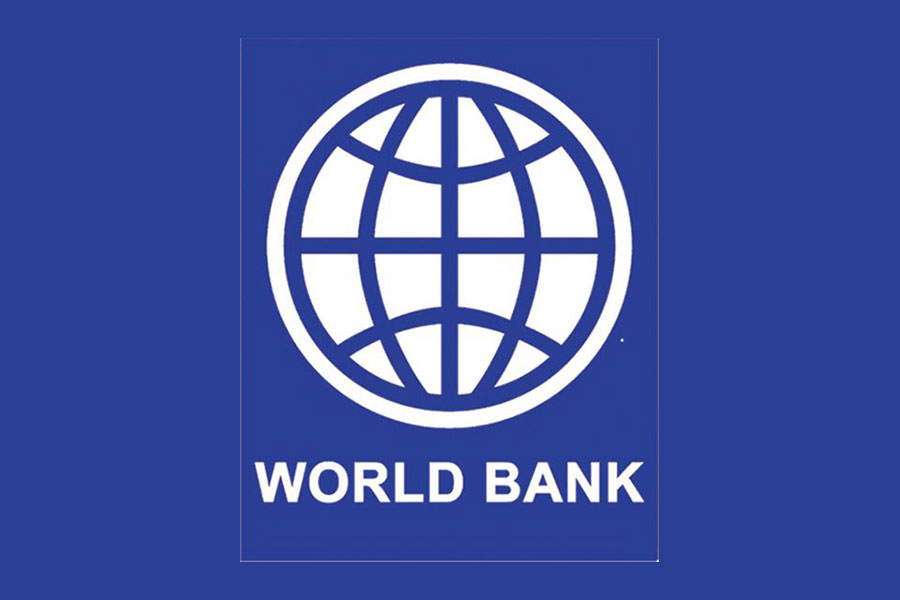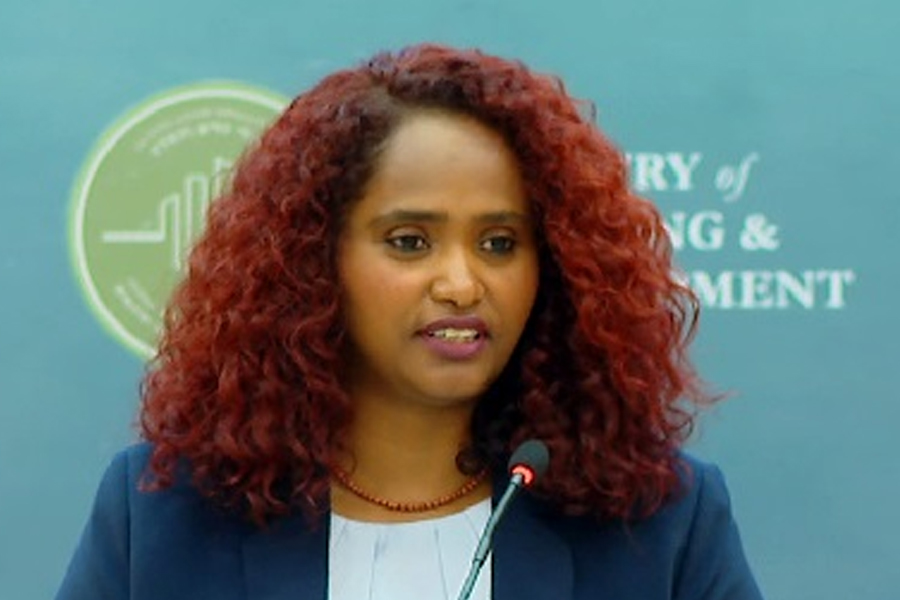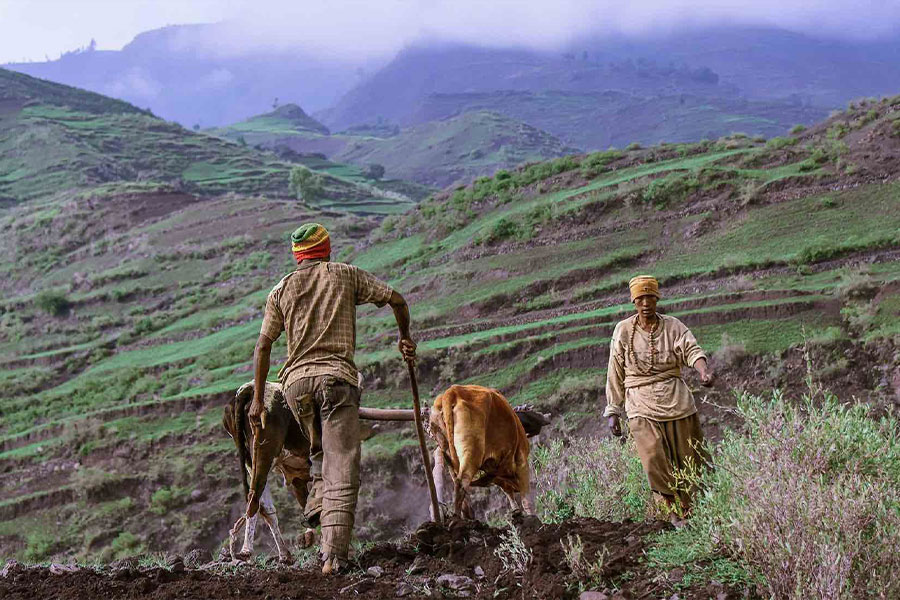
Viewpoints | Jul 27,2019
May 1 , 2020
By QU Dongyu , Josefa Sacko and Thokozile Didiza
Qu Dongyu is Director-General of the Food and Agriculture Organization (FAO) of the United Nations. Josefa Sacko is the African Union commissioner for rural economy and agriculture. Thokozile Didiza, minister of Agriculture, Land Reform & Rural Development of South Africa and chair of the African Union Specialized Technical Committee on Agriculture.
It takes a village to raise a child, Africans like to say. But one could just as easily argue the opposite: it takes a child to raise a village.
Give a child a school meal and he or she will stay in the classroom and learn, and economic pressure on the family will lessen. Over time, the combined effect of education and good nutrition at a young age will ripple through entire communities, fostering healthier, more productive societies. Research sponsored by the African Union suggests that if nations on the continent were free from child malnutrition, they could see their GDP expand by as much as 16pc.
Conversely, close the school, take away that school meal, and the family will struggle. The child may suffer. And in the long run, economic vitality will dry up. Societies will shrink. The promise of development will wither, unfulfilled.
Like much of the rest of the world, African countries reacted to the COVID-19 crisis by shutting down schools, closing businesses and limiting movement. Even in rich countries, such measures entail hard choices. But in the African context, these measures are truly agonising. With high levels of food insecurity, large informal labour forces, fragile health systems, scarce welfare provisions, and little budgetary leeway, African nations - many already battling other crises such as desert locusts and drought - risk mortgaging their future as they seek to protect their people.
To avoid irreparable outcomes, Africa’s Coronavirus lockdowns need rapid and decisive mitigation. Steps taken by governments - with the support of donors, multilateral institutions, NGOs and the private sector - must involve dialing up social protection programmes where they exist and rolling them out where they do not. The need is most acute in the countryside, yet the cities pose the highest risk to social stability. Both need urgent attention. Now is the time to hand food or cash directly to households.
It goes without saying that the preservation of life and health takes precedence, but food production and livelihoods must come a close second. This is why agricultural activities must be maintained. Borders should be kept open to food and agricultural commodities: COVID-19 must not be allowed to undo the painstaking progress we have witnessed in recent years toward trade liberalisation.
Moreover, no effort should be spared in increasing quantity and improving the quality of agricultural products. Producing more and better products requires strengthened capacities. All technical assistance required in that context needs to be provided. Shorter supply chains and innovative marketing tools to link producers and consumers through e-commerce are future-oriented approaches that are needed today.
Taking all necessary precautions, seeds and planting materials must continue to flow to smallholders; animal feed and veterinary care to communities reliant on livestock; and aquaculture inputs to fish farmers. Agricultural supply chains should be kept alive by any means compatible with health safety concerns. Crop calendars need to be performed on time or vital harvests may be lost, further challenging food availability. By the same token, pastoralists - major contributors to food security in parts of Africa - should retain access to pastures. Emergency strategic food reserves linked to social protection programmes should be monitored and replenished.
To write off this year’s harvests would be catastrophic. Furthermore, if ever there was an opportunity to tackle post-harvest losses by stepping up investment in storage facilities and refrigeration, this is it. Low energy prices, meanwhile, could offer a historic window for mechanisation.
Economic forecasts for rich countries suggest GDP could plummet by a third in the second quarter of the year. No nation has the luxury to shrug off such vertiginous slumps. So tight is the margin separating many of Africa’s families from hunger, and so tenuous is its societies' defences against disaster, that any failure to act at dawn may result in tragedy by dusk. In this context, African countries should protect, promote and further strengthen interregional trade.
Fortunately, mindful of the urgency of the situation, international and regional AU agriculture ministers and international partners met virtually in mid-April and vowed to minimise disruption to Africa’s food system even as they work to contain the pandemic. This includes keeping the food and farm trade moving across national frontiers; and providing direct support to African citizens - preferably, wherever possible, in the form of electronic cash or vouchers. The European Union, the World Bank and the African Development Bank all pledged billions of US dollars to this effort: this includes fresh and re-purposed funding and technical assistance.
Our determination stems from experience. The Ebola epidemic caused a severe drop in food output across the areas where it raged. With COVID-19, that distressing precedent may well be outdone. It is not entirely up to us to guard against such a fate. But what is up to us, we must do.
PUBLISHED ON
May 01,2020 [ VOL
21 , NO
1044]

Viewpoints | Jul 27,2019

Radar | Jun 25,2022

Viewpoints | Nov 29,2020

Fortune News | Sep 22,2024

Viewpoints | Aug 31,2019

My Opinion | Mar 16,2024

Fortune News | Nov 14,2019

Fortune News | Dec 08,2024

View From Arada | Oct 08,2022

View From Arada | Sep 06,2025

Photo Gallery | 176902 Views | May 06,2019

Photo Gallery | 167115 Views | Apr 26,2019

Photo Gallery | 157680 Views | Oct 06,2021

My Opinion | 136936 Views | Aug 14,2021

Dec 22 , 2024 . By TIZITA SHEWAFERAW
Charged with transforming colossal state-owned enterprises into modern and competitiv...

Aug 18 , 2024 . By AKSAH ITALO
Although predictable Yonas Zerihun's job in the ride-hailing service is not immune to...

Jul 28 , 2024 . By TIZITA SHEWAFERAW
Unhabitual, perhaps too many, Samuel Gebreyohannes, 38, used to occasionally enjoy a couple of beers at breakfast. However, he recently swit...

Jul 13 , 2024 . By AKSAH ITALO
Investors who rely on tractors, trucks, and field vehicles for commuting, transporting commodities, and f...

Oct 18 , 2025
The political establishment, notably the ruling party and its top brass, has become p...

Oct 11 , 2025
Ladislas Farago, a roving Associated Press (AP) correspondent, arrived in Ethiopia in...

Oct 4 , 2025
Eyob Tekalegn (PhD) had been in the Governor's chair for only weeks when, on Septembe...

Sep 27 , 2025
Four years into an experiment with “shock therapy” in education, the national moo...

Oct 18 , 2025 . By NAHOM AYELE
In a sweeping reform that upends nearly a decade of uniform health insurance contribu...

A bill that could transform the nutritional state sits in a limbo, even as the countr...

Oct 18 , 2025 . By SURAFEL MULUGETA
A long-planned directive to curb carbon emissions from fossil-fuel-powered vehicles h...

Oct 18 , 2025 . By BEZAWIT HULUAGER
Transaction advisors working with companies that hold over a quarter of a billion Bir...